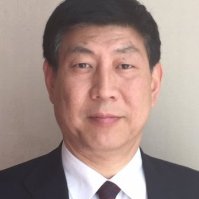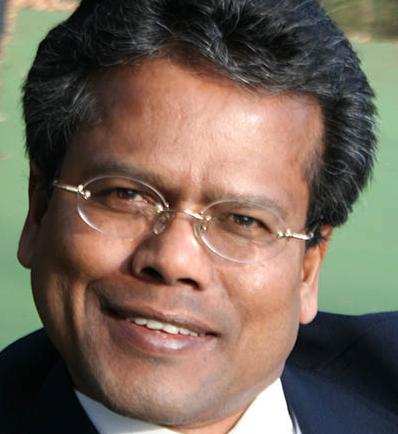Discussions about what the future holds for China and the United States almost always take the macro approach. Whether the discussions are about defense, foreign relations or economic policy, it is common to consider matters from a national level. On the issue of a country’s national prosperity however, I believe a local approach may well be appropriate. And I believe this area leaves much room for cooperation between China and the United States.
Behind the gargantuan $15 trillion GDP of the United States and the meteoric double-digit GDP growth rates for China exists a plain fact about aggregate statistics: there are always a large number of low end outliers. With macroeconomic statistics, these would be the completely disenfranchised of any society.
It is normal for national politicians in any country to evoke these truly poor. All over the world, political parties with any hope to win elections, from the farthest right to the farthest left, claim the mantle of speaking for the poor. But once in office, it is very, very rare that the concerns of the truly destitute become their absolute primary concern.
I do not condemn anyone. I know that the life of a national politician entails balancing many competing demands. Therefore, as a form of time triage, they must necessarily devote the majority of their time in a manner wherein the greatest number of people could possibly be helped.
Because of this, I believe that leaders at the national level are too far removed from the day to day concerns of the poorest to be effective. This does not mean that nothing can be done. However, it does mean that other authorities would be better suited to the task. Consider who might be better suited to direct policy for a neighborhood job training program. Could we expect President Obama or incoming President Xi to know best how it should function? Or wouldn’t we prefer two inarguably successful former mayors like New York’s Rudolph Giuliani or Shanghai’s Zhu Rongji to run it? I believe most people would choose the honorable latter two gentlemen.
It is simplicity itself. Those closest to the people requiring the actual help know best how they might be helped. This realization is at the very crux of Dr. Mohammad Yunus’ concept of microfinance. It is paradoxical that one of the most discussed tools of international development is actually one that is the most local in nature. The jury is still out on microfinance but I for one remain excited about its potential.
The potential for Sino-American cooperation in this area is immense. Both countries have tremendous pools of underutilized human capital and, I suspect, tremendous pools of gray market capital as well. This joint research need not be limited to microfinance of course. Although I personally favor it, it would need to prove itself in actual practice. Does it work in the western Chinese provinces or in the Beijing migrant ghettos? Does it work in the American inner city or in the Mississippi delta? Neither I nor anyone else will actually know until it is attempted.
There could be no failure in a good faith attempt. Success of course is in everyone’s interest but empirical evidence that microfinance is not efficacious has merit too. And unlike other joint endeavors, it requires neither vast amounts of capital nor extended periods of diplomatic hurdling.
Most important, there would be no ideological hurdles to overcome. Like it or not, neither capitalism nor communism has adequately addressed the plight of the poorest of the poor so neither country can claim the moral high ground. This greatly increases the potential for effective joint research.
I can imagine how in any other joint Sino-American endeavor, the issue of one country’s “superiority” might rear its head. But I see how that possibility would be greatly reduced by the inarguable need for successful cooperation at the human level. If researchers ever digressed from the path of evidentiary objectivity, they need only look into the eyes of the “subjects” to be jolted back to the reality of their work.
Cooperation into the viability of local finance would serve both countries very much in the long term. At core, a country’s national prosperity is comprised of the prosperity of its citizens. Research into improving the fortunes of the richest 1% is surely unnecessary. Research into improving the fortunes of even the top 50% is also unnecessary because there is no crying need for them to move further up in their stratification.
However, research into improving the lot of the bottom 10% yields immeasurable benefits at the social as well as the economic level. Any just society wishes to keep its citizens happy. Although happiness has no clear economic definition, a minimum objective for macroeconomic policy should be ensuring that economic agents have their most basic human needs met. Therefore, final impetus into Sino-American cooperation in this area is provided by another motivation which has no clear economic definition. It would be for moral reasons.
Michael Justin Lee is Lecturer in the department of finance and in the Center for East Asian Studies at the University of Maryland. He is the author of “The Chinese Way to Wealth and Prosperity” (McGraw-Hill, 2012).




